The term “bougie” might conjure images of luxury and exclusivity, but in the automotive world, it plays a crucial, albeit less glamorous, role. Understanding the bougie definition and its importance in vehicle maintenance can significantly impact your vehicle’s efficiency and longevity. This article explores everything you need to know about bougies, ensuring your ride remains in top condition.
Table of Contents:
– What is a bougie?
– What does a bougie do?
– How to choose the right bougie
– How long do bougies last?
– How to replace a bougie
– How much are bougies?
What is a bougie?
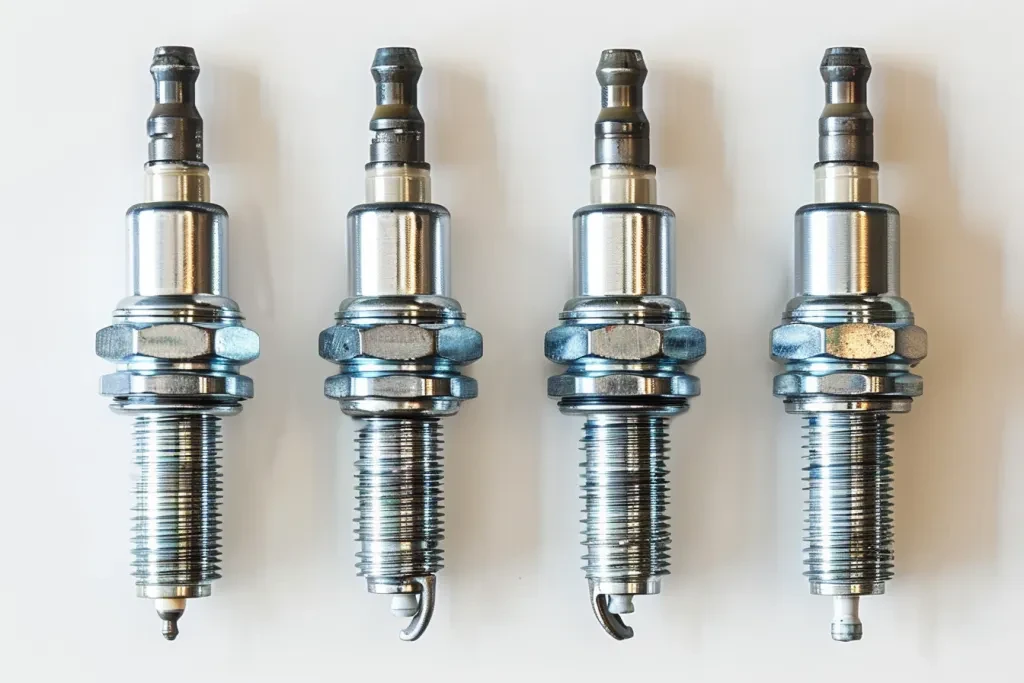
In the realm of vehicle parts and accessories, a bougie is more commonly known as a spark plug. This small but mighty component is integral to the operation of gasoline engines. The term “bougie” originates from the French word for candle, aptly describing its role in igniting the air-fuel mixture within the engine’s combustion chamber. Despite its simple appearance, a bougie’s design and material composition are critical for its function, affecting everything from engine performance to fuel efficiency.
What does a bougie do?
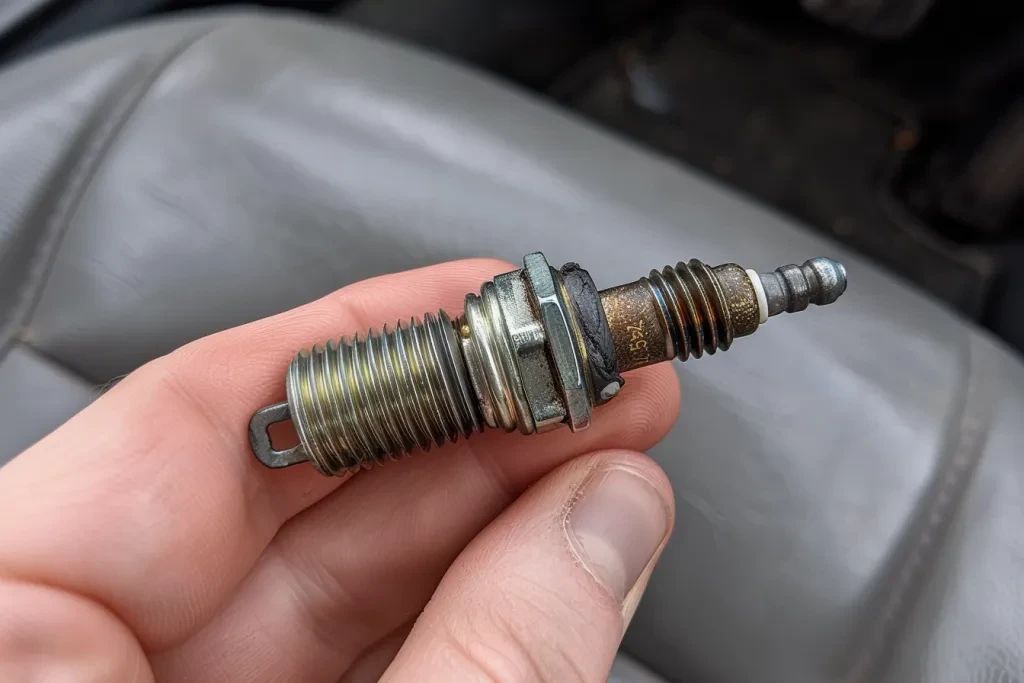
The primary role of a bougie is to deliver an electric spark that ignites the air-fuel mixture in the combustion chamber, powering the engine. This spark must occur at precisely the right moment to ensure optimal engine performance. A well-functioning bougie contributes to smoother starts, better fuel economy, and lower emissions. Conversely, a failing bougie can lead to engine misfires, reduced power, and increased pollutant emissions, underscoring the importance of this seemingly modest component.
How to choose the right bougie
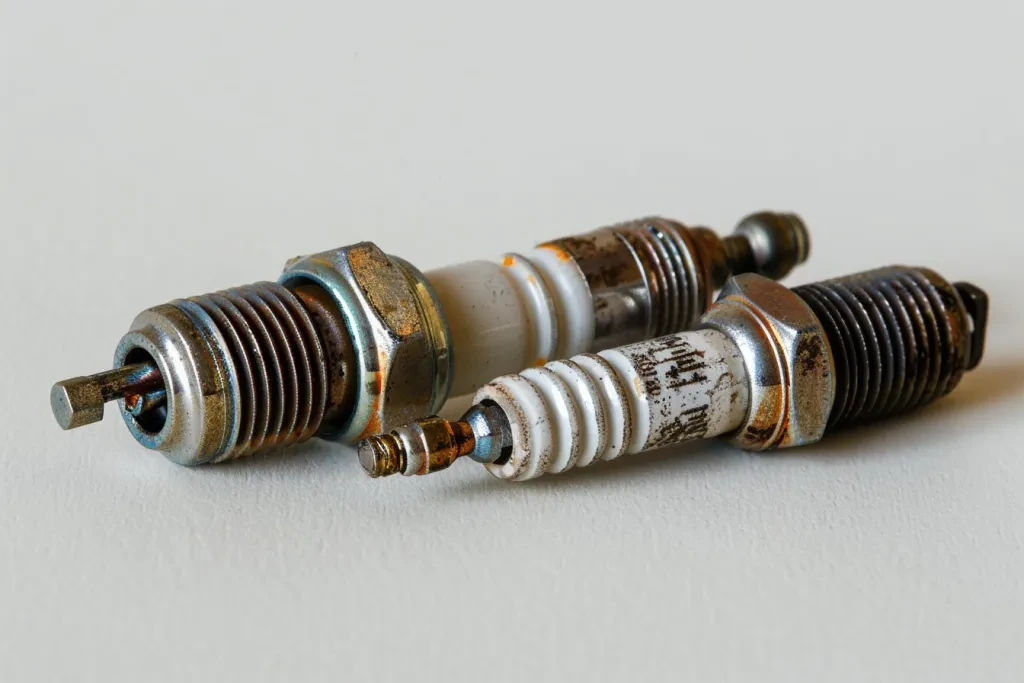
Selecting the right bougie for your vehicle involves considering several factors, including material, heat range, and electrode design. Bougies are made from various materials, such as copper, platinum, and iridium, each offering different benefits in terms of longevity and performance. The heat range of a bougie determines its ability to dissipate heat from the combustion chamber, and choosing the correct range is vital to prevent engine damage. Additionally, the electrode design affects the spark’s size and shape, influencing ignition efficiency. Consulting your vehicle’s manual and considering your driving conditions are essential steps in selecting the appropriate bougie.
How long do bougies last?
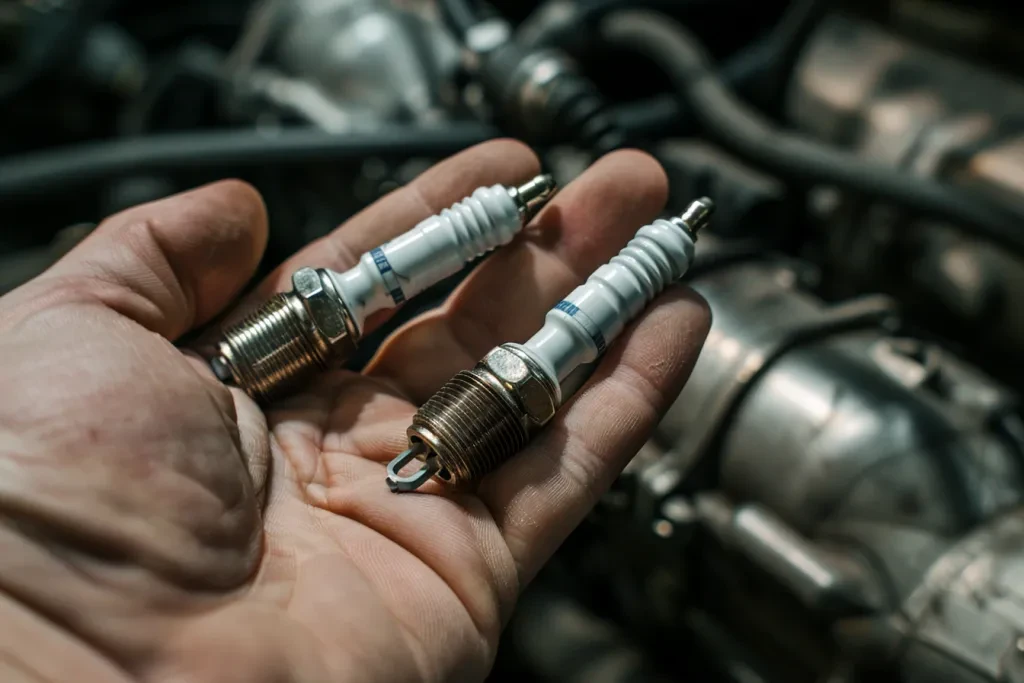
The lifespan of a bougie varies depending on its material and your vehicle’s operating conditions. Copper bougies, while economical, typically have the shortest lifespan, requiring replacement every 20,000 to 30,000 miles. Platinum and iridium bougies offer longer service lives, with some models lasting up to 100,000 miles. However, factors such as engine type, driving habits, and maintenance practices can affect a bougie’s durability. Regular inspections are crucial to identify wear and ensure timely replacement.
How to replace a bougie
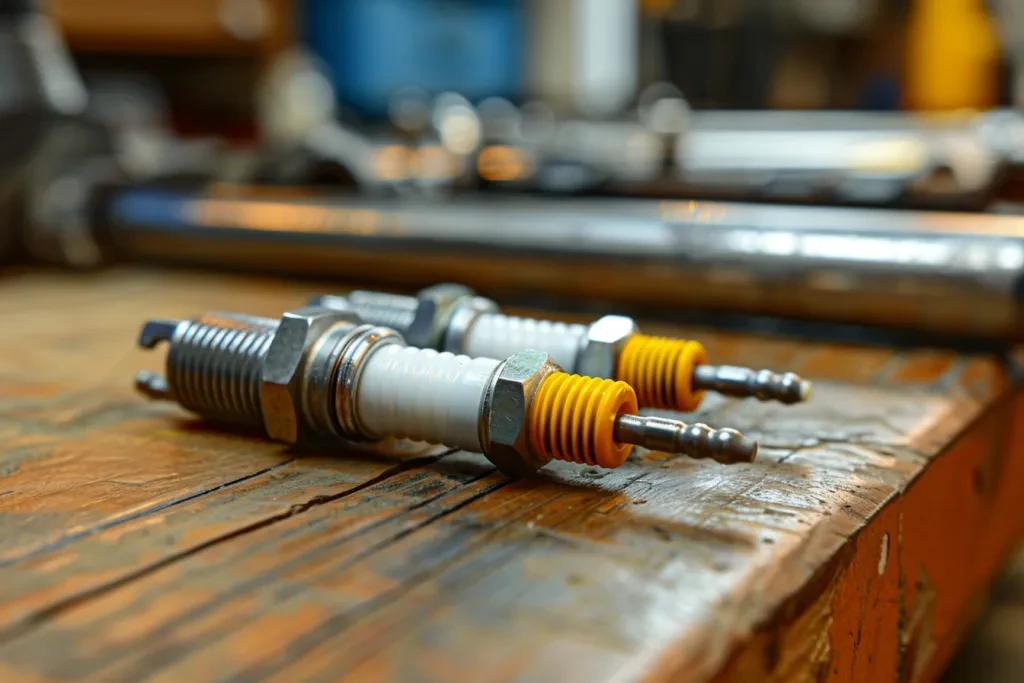
Replacing a bougie is a manageable task for most vehicle owners, requiring only a few tools and some patience. The process involves removing the engine cover, disconnecting the bougie wire or coil, and using a spark plug socket to unscrew the old bougie. Before installing the new bougie, checking the gap between the electrodes is essential to match your vehicle’s specifications. Carefully screwing in the new bougie by hand before giving it a final tighten with a wrench ensures a secure fit without damaging the threads. Always refer to your vehicle’s manual for specific instructions and torque specifications.
How much are bougies?

The cost of bougies varies widely based on material, brand, and vehicle type. Copper bougies are the most affordable, typically ranging from $2 to $5 each, while platinum and iridium bougies can cost between $8 and $25 per piece. Though more expensive upfront, platinum and iridium bougies offer better performance and longevity, potentially saving money in the long run. When purchasing bougies, considering the total cost for a complete set is important, as replacing all bougies at once is generally recommended.
Conclusion:
Understanding the bougie definition and its role in your vehicle’s performance is essential for any car owner. From ensuring smooth engine starts to optimizing fuel efficiency, the right bougie can make a significant difference. By selecting the appropriate bougie, adhering to replacement schedules, and performing replacements correctly, you can enhance your vehicle’s operation and extend its lifespan. Remember, a little knowledge and maintenance can go a long way in keeping your ride running at its best.





 বাংলা
বাংলা Nederlands
Nederlands English
English Français
Français Deutsch
Deutsch हिन्दी
हिन्दी Bahasa Indonesia
Bahasa Indonesia Italiano
Italiano 日本語
日本語 한국어
한국어 Bahasa Melayu
Bahasa Melayu മലയാളം
മലയാളം پښتو
پښتو فارسی
فارسی Polski
Polski Português
Português Русский
Русский Español
Español Kiswahili
Kiswahili ไทย
ไทย Türkçe
Türkçe اردو
اردو Tiếng Việt
Tiếng Việt isiXhosa
isiXhosa Zulu
Zulu